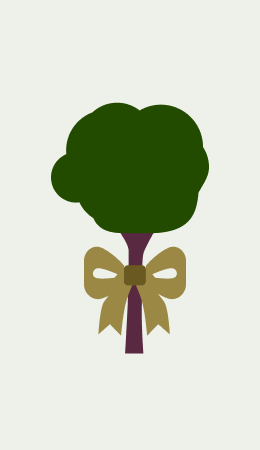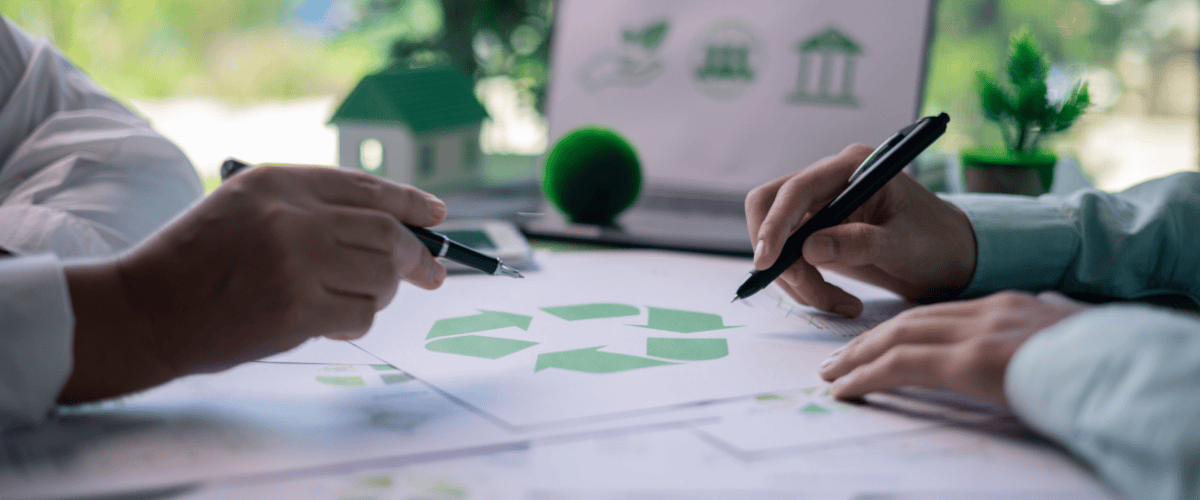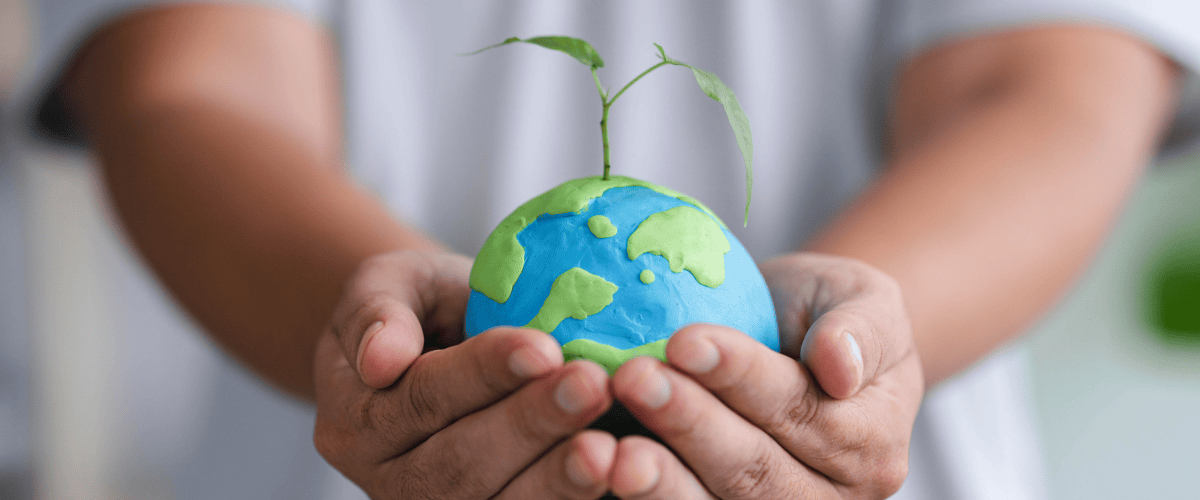Go beyond trees - boost your impact by cleaning up plastic waste

Hi nature lovers,
By now you know that as a team the reforestation projects we support, not only fight climate change but also help local communities and marginalized groups to have a sustainable long-term income. Since our impact with planting trees has been amazing, we decided to use our network and customer base to move beyond trees and create even greater impact! This is why we now started to tackle one of the most important environmental issues we are currently dealing with - plastic pollution.
Plastic is an amazingly useful material, but our relationship with it is trash. Plastic production and use has increased dramatically in the last century, and there is no sight of it slowing down. The production of plastic increased exponentially from 2.3 million tonnes in 1950 to 448 million tons by 2015, and it is expected to double by 2050. More than 40% of plastic ends up in our environment and our planet is literally suffocating in waste.
There have been numerous sad stories about endangered whales, turtles and birds dying from ingesting plastic or suffocating in plastic waste. The science is frightening: plastic directly affects more than 700 species, and millions of animals die each year from plastic. But animals are not the only ones affected by it. With time and due to natural processes (sun, wind etc.), plastic breaks down into smaller pieces, called microplastics. Microplastics have been found everywhere, including the human placenta and blood with unknown health effects.
Did you know that plastic production is also a strong player in climate change and global warming? Right now, production of virgin plastics accounts for 6% of global oil consumption and this number is expected to increase to 20% by 2050. But these numbers can be slowed down! If we could collect all the plastic found in the environment, recycle it and re-use it, we could save up to 30% of carbon emissions!
Do not get us wrong, we know that the main path to reducing plastic waste is stopping the tap, and generally relying on using less plastic. But even if all plastic production stopped today, there are still millions kgs of plastic waste left in our environment that need to be removed to prevent further environmental damage.
Plastic pollution is most visible in developing Asian and African countries, where waste systems are inefficient or non-existent. But our Western world is far from innocent.
The top 4 plastic consumers in the world (per capita) are USA, UK, South Korea and Germany. A lot of the waste produced by the EU is exported to developing countries that often lack an efficient waste management system, increasing their problems with plastic pollution. Most of the waste exported does not end up being recycled, instead it can end up in uncontrolled landfills or even be burnt. As a lot of the waste is not waste at all, it often gets collected by waste pickers - who are one of the most marginalized and poor actors in our society. Picking up plastic does not pay well and it also comes with the price of health and security. We want to do everything we can to stop this.
This is why we are starting our next mission: to help clean up our environment from plastic waste while enabling sustainable income and safe work environments for marginalized communities. To do so, we have partnered with different organizations in Egypt, Kenya, Mozambique, Cambodia and Vietnam whose goal is to collect waste and help local communities while doing so.
Let us explain to you a bit how the waste collection works. Plastic and other types of waste are collected from the beach, rivers, illegal dumping sites, roadways and other locations depending on the specific needs of each project. The waste gets collected by waste pickers that are paid above market price for the waste collected. Then, the waste is brought to a collection point, weighted and sorted into recyclable and non-recyclable waste. The recycled material is used for producing products using recycled plastic waste, in fashion or construction (e.g. construction of bricks) and the non-recyclable waste can be used for producing alternatives to fuels.
All of our plastic projects need to follow a set of sustainability criteria, very similar to our reforestation counterpart. These are:
- SDG contribution. All of our projects support at least one of the SDGs and are focused on the issues in the region.
- Ethical codex. Only projects with high ethical standards & fair wages are chosen.
- Community involvement. We only support projects that empower and involve local communities.
- Co-benefit. We work with projects that include social and/or environmental co-benefits.
- End-of-Life-Management There is no illegal dumping of the waste & the fate of the waste is clearly reported.
- Technological readiness: All collected waste is tracked and recorded.
You can find the details of each of these sustainability criteria in our Plastic Methodology document. Here we give you all the information about our projects, how they work and how we ensure a transparent way of working.
Please join us in not only greening our planet, but also in cleaning our lands, rivers and oceans! Every bottle collected means not only paying local communities fair wages but saving wildlife and fighting climate change.
We have launched our plastic collection services for business, find out more and get in touch here. Stay tuned for our B2C solutions.
From Oceans with love,
Grow My Tree
write a comment
Comments are approved before posting.
